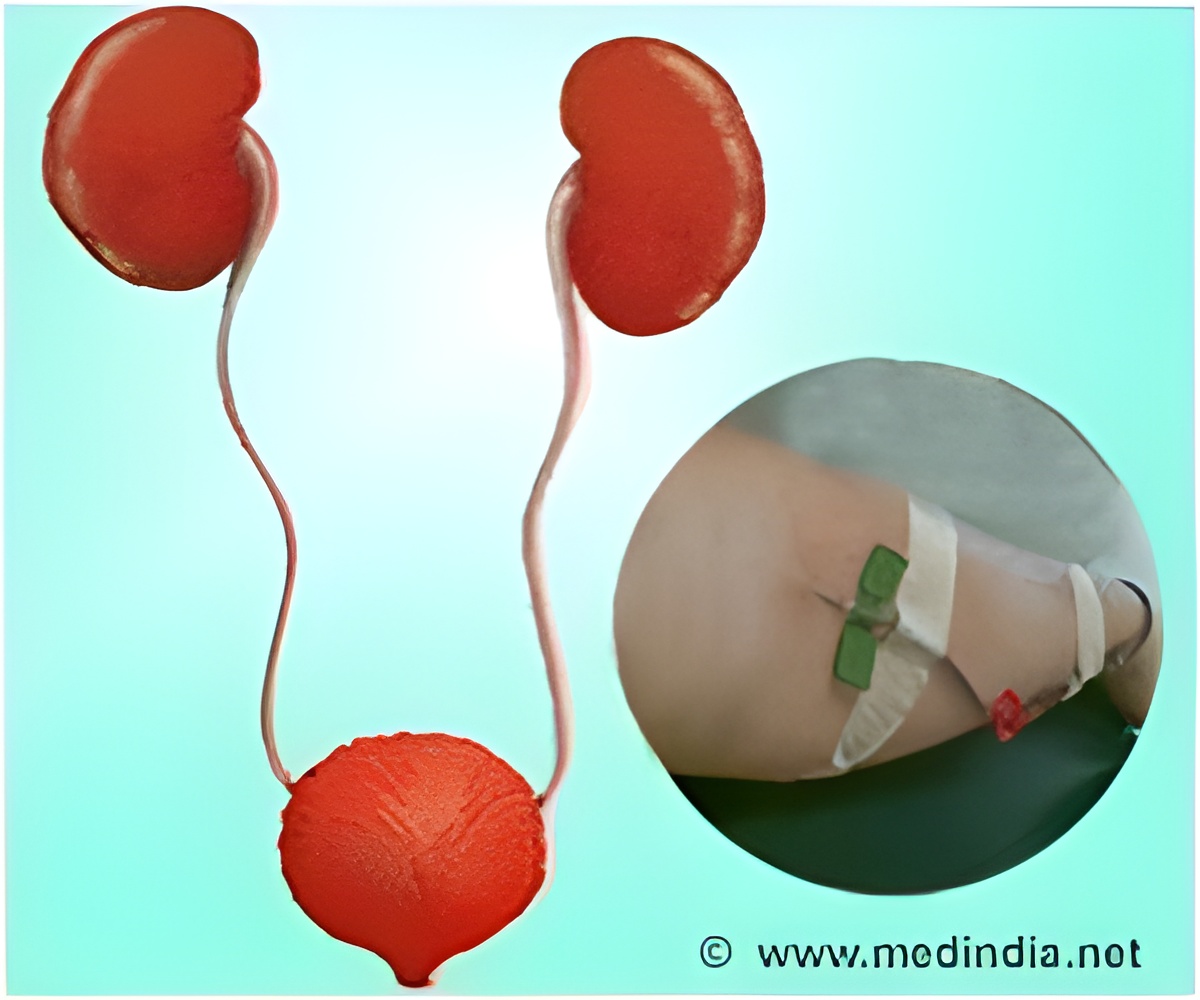Recent research has suggested discontinuation of the immunosuppressive steroid prednisone after a kidney transplant to avoid grave side effects.

Because of these side effects, numerous recent clinical studies have tested whether it''s safe to use other immunosuppressive drugs and to minimize or eliminate prednisone after a kidney transplant.
Because the majority of these clinical trials followed patients for less than five years, Arthur Matas, MD (University of Minnesota, Minneapolis) and his colleagues conducted a long term, 10-year study that followed 1,241 kidney transplant recipients on a treatment regimen that included rapid discontinuation of prednisone (within five days of transplantation). The study included 791 patients who received kidneys from live donors and 450 who received kidneys from deceased donors.
Among the major findings after 10 years:
- 71% of patients who received kidneys from living donors and 62% of those who received kidneys from deceased donors survived.
- 61% of kidneys from living donors and 51% of kidneys from deceased donors survived.
- Early organ rejection rates were 25% and 31% for deceased and living donor kidneys respectively.
- Chronic organ rejection rates were 39% and 47% for deceased and living donor kidneys respectively.
- The incidence rates of new-onset diabetes and several other complications were significantly lower than rates typically seen in transplant patients on prednisone.
These findings indicate that the long-term patient and kidney survival rates are similar for transplant recipients who quickly stop taking prednisone and recipients who continue to take it (based on national averages). Importantly, rapid prednisone discontinuation significantly reduced the rate of steroid-related side effects. However, this was not a randomized trial so additional studies are needed.
"Because prednisone use is associated with numerous side effects, transplant recipients say it is the drug they would most like to avoid. Our data suggest that long-term prednisone may not be necessary after a kidney transplant," said Dr. Matas. "About 30% of new kidney transplants in the United States are now done with a protocol similar to ours," he added.
Advertisement
Disclosures: The authors reported no financial disclosures.
Advertisement
The content of this article does not reflect the views or opinions of The American Society of Nephrology (ASN). Responsibility for the information and views expressed therein lies entirely with the author(s). ASN does not offer medical advice. All content in ASN publications is for informational purposes only, and is not intended to cover all possible uses, directions, precautions, drug interactions, or adverse effects. This content should not be used during a medical emergency or for the diagnosis or treatment of any medical condition. Please consult your doctor or other qualified health care provider if you have any questions about a medical condition, or before taking any drug, changing your diet or commencing or discontinuing any course of treatment. Do not ignore or delay obtaining professional medical advice because of information accessed through ASN. Call 911 or your doctor for all medical emergencies.
Founded in 1966, and with more than 13,500 members, the American Society of Nephrology (ASN) leads the fight against kidney disease by educating health professionals, sharing new knowledge, advancing research, and advocating the highest quality care for patients.
# # #
Source-Newswise














